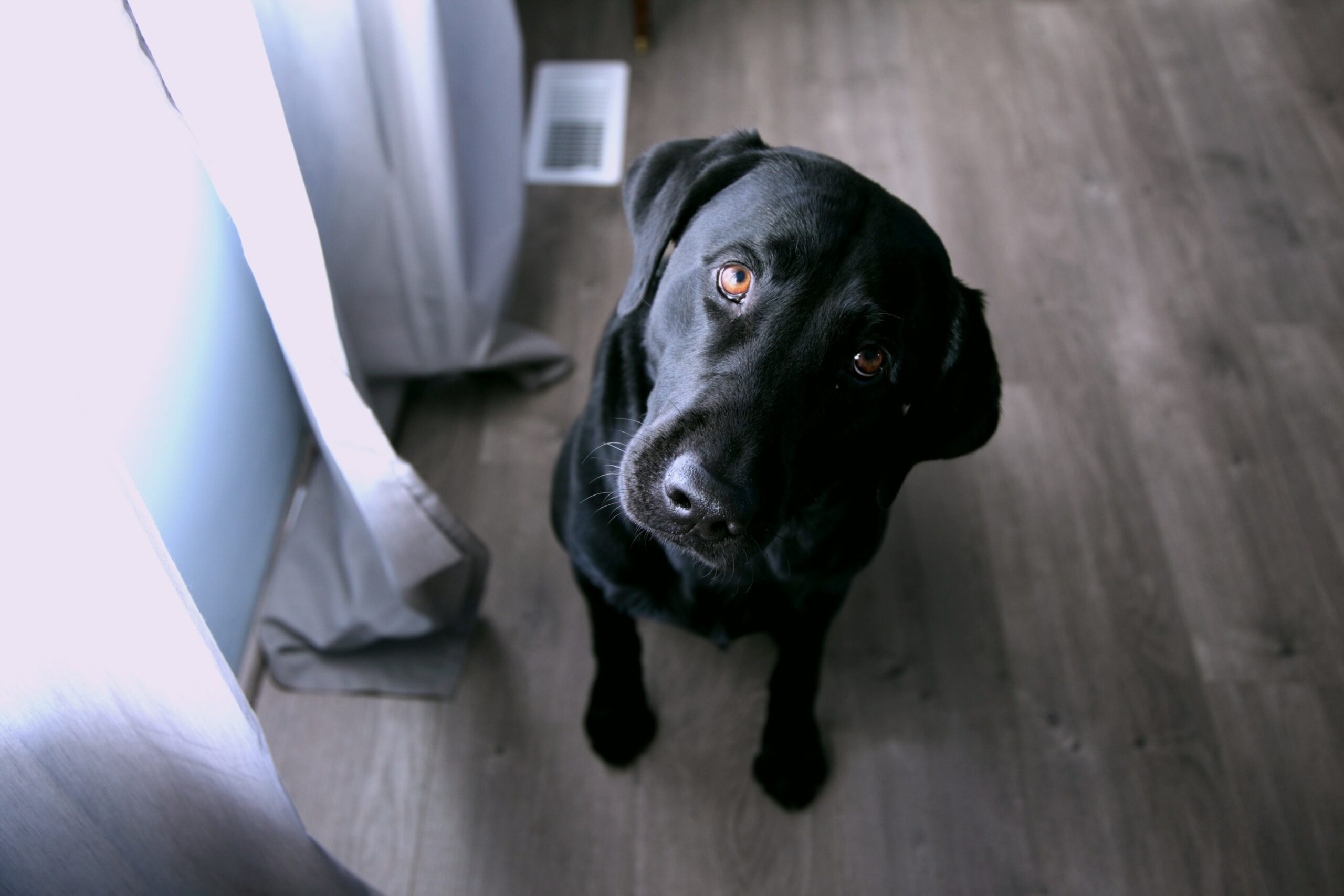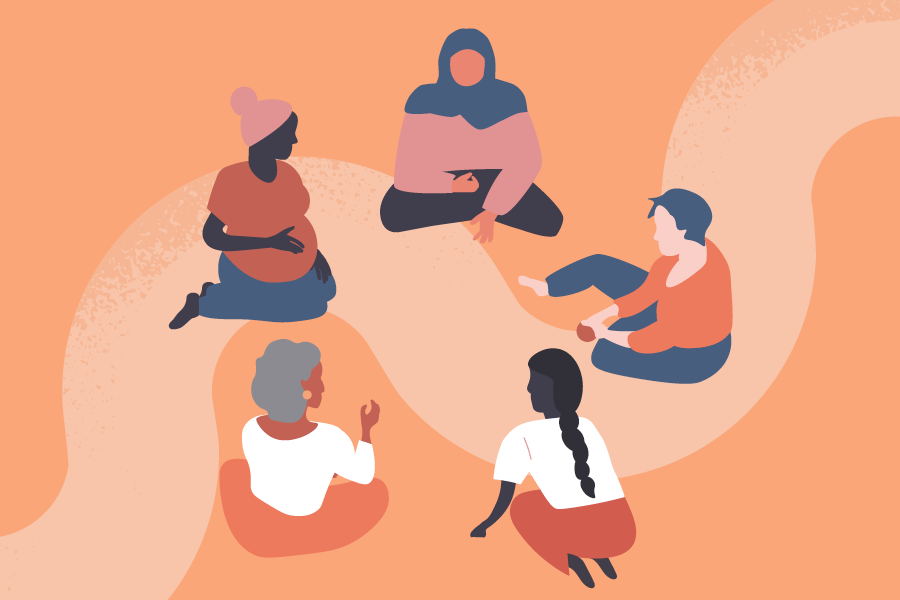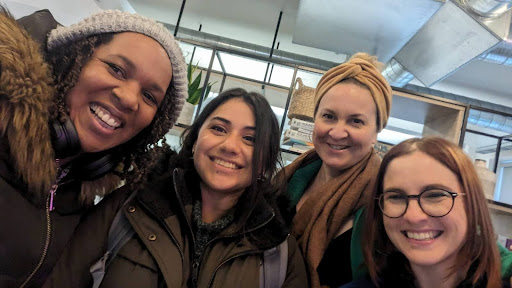In brief
6 weeks ago, we (Iona Lawrence and Immy Robinson) set out to explore whether a ‘field of relationships’ could, should, or does already exist. We’re still at the early stages of this exploration but have been lucky enough to pick the brains of some very thoughtful collaborators. Here’s what we’ve noticed so far, and the questions we’re continuing to hold as we move forward. Do these resonate? What thoughts do they throw up for you? We’d love to hear from you.

6 things we’ve noticed
1. A false enemy
We have a tendency to pitch relationships and transactions against each other in a binary distinction of ‘good’ and ‘bad’. But this only gets us so far. There are many different types of relationships suited to different contexts and needs. A transactional relationship with the GP might be best for one person while a deep relationship might be what someone else needs. We need a nuanced narrative around the many different types of relationships we have and need, the constantly changing shape of them and the different ways relationships can be tended to.
2. The challenge of relationship jargon
The best language democratises a field making it navigable, accessible and self organising. Relationships – or what some people call relational practice – runs the risk of being a little abstract and jargony for those new to or on the edges of the field. Meanwhile the language of kindness that some people prefer to use leaves others disappointed as it can suggest a one way, or perhaps ‘charitable’ relationship (see Maff Potts’ thoughts on ‘bad kindness’).
3. Means versus ends
Relationships are seen as both a means and as an end. Most commonly we see relationships as a vehicle to a destination, whether better health outcomes, customer retention, or user satisfaction. But seeing relationships solely as a strategy rather than as an outcome in certain contexts can result in them being undervalued.
4. The irony of (dis)connection
There appears to be a nascent field made up of disparate groups of people who passionately believe in the power and importance of relationships, yet overall we’re poorly connected with one another. Post(wo)men aren’t sharing tips with nurses, community organisers aren’t joining forces with receptionists. We hold a shared belief but we’re not yet organised or connected enough to be more than the sum of our parts.
5. The challenge of scale
We’re conditioned to seek scale; to replicate ‘what works’ in the hope of achieving maximum impact. Everyone we speak to talks about how a more relational whole starts with each of us building better, more purposeful relationships around us. The big change starts small. A relational approach – which is inherently personal, fuelled by one-to-one nurturing – doesn’t easily lend itself to standardisation.
6. The measurement challenge
We’re in a place where measurement feels a long way from being something that is reinforcing and supportive. For some measurement is the most important shared challenge we have – if we can get better at consistently measuring the impact of relationships we might be able to nudge the skeptics away from believing that relationships are ‘fluffy’ and extraneous. Yet for others the act of measuring a relationship threatens the very essence of it. Wherever you are, a huge amount of energy is occupied in grappling with the question of how we prove the value of relationships, and this is threatening our resolve.
5 questions we’re holding
1. Where are the boundaries of the field? Are boundaries important?
2. What language should we be using? How important is it that we’re all aligned on this?
3. What’s the rallying cry?
Emboldened by advice from those who’ve been at field building much longer than we have, in this blog here we set out three potential approaches to defining and demarcating the field of relationships and invite people to critique, champion or propose entirely an entirely different approach. It’s still not clear to us if a common enemy, shared set of principles or a moral idea is the rallying cry around which a field can most effectively gravitate.
4. How do we build a field that’s inclusive?
5. What’s the right sort of infrastructure to support the field?
What do you think?
If you have thoughts on any of the questions we’re grappling with or would like to discuss the idea of a relationships field we’d love to hear from you.
Read more

A relational approach to public policy: why it’s now essential
Introduction Nine months have passed since the general election. A new PM and a new generation of ministers have settled into post. They have had time to assess the legacy from the last administration and familiarise themselves with the ongoing work of every...

Growing Connection: The story of the Roots Programme
In this blog, we introduce three members of The Roots Programme team. The Roots Programme run programmes that bridge gaps, transcend social bubbles, and create lasting relationships across key facets of society. By building community through cultural exchange...
